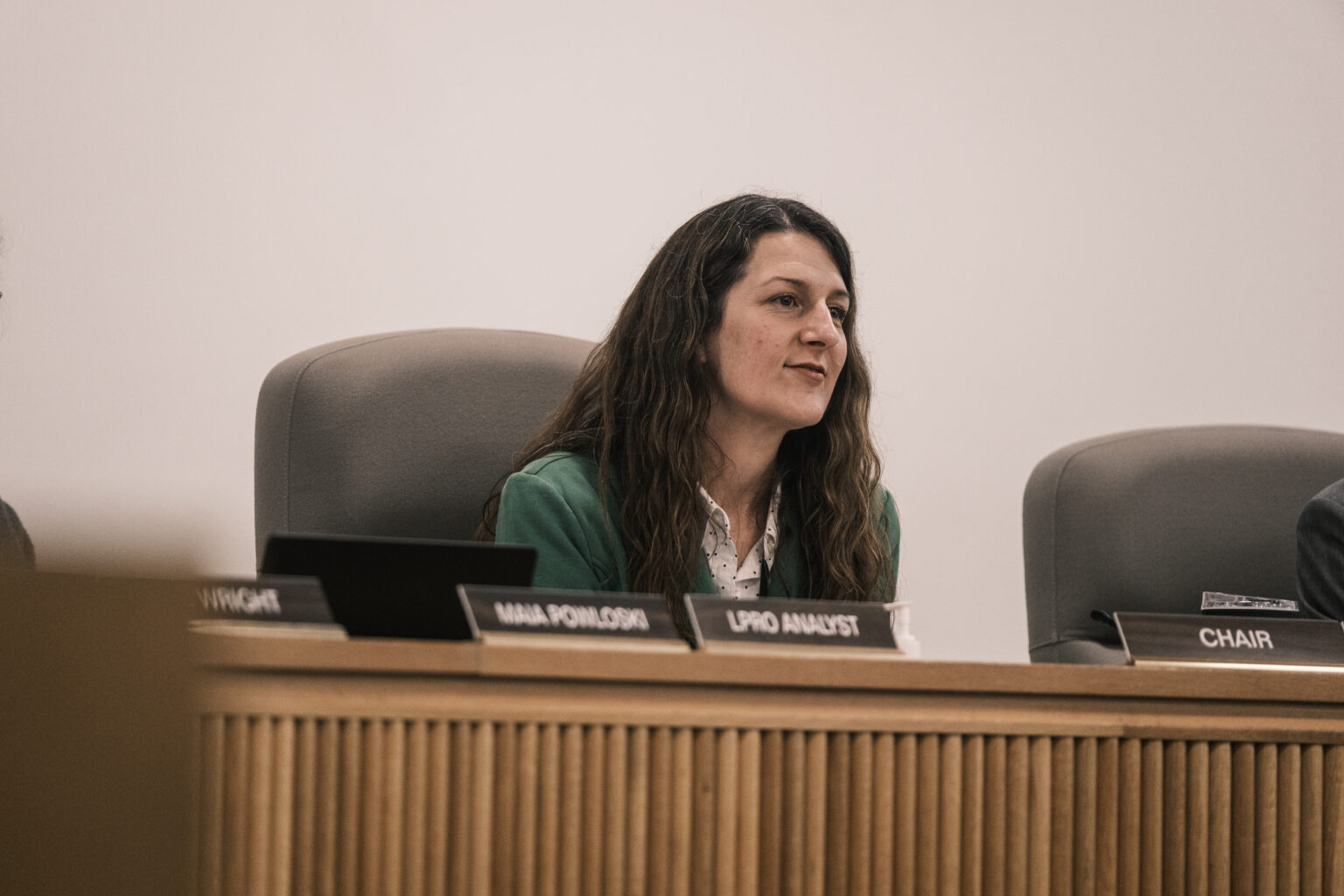Oregon budget hangs on May revenue forecast
Published 8:00 am Monday, April 10, 2017
SALEM — While lawmakers are now likely negotiating the state’s budget behind closed doors, Oregonians may have a better idea of what to expect once state economists present the quarterly revenue forecast in mid-May.
Legislators are required to pass a balanced budget, but face an approximately $1.6 billion shortfall between what the state expects to bring through the general fund and lottery funds, and what it would take to maintain existing services.
Between those two funds, available revenue is expected to be about $20.99 billion, according to the most recent quarterly revenue forecast, which was issued in February.
According to Sen. Richard Devlin, D-Tualatin, one of the co-chairs of the Joint Ways and Means Committee, which writes the state’s budget, the forecast that comes out May 16 gives budget writers “the most accurate picture” of what’s to come, once most income tax returns have been filed.
The state’s general fund is largely sourced from income taxes; the deadline to file is April 18.
With both budget cuts and new taxes still in the realm of possibility — and with both options imbued with political consequences — Oregon lawmakers could turn to a strategy they’ve tapped in the past: establishing a bicameral “super committee” to hammer out big-ticket policy items.
Such super committees, though not common, have emerged in prior legislative sessions. They can form when legislators think it could “help break down some of the institutional barriers” between the Oregon House and Senate, said Jim Moore, professor of political science and director of the Tom McCall Center for Policy Innovation at Pacific University.
Such a mega-committee could include party leadership from both sides of the aisle from each chamber, and possibly members of key policy committees — such as healthcare or education — Moore said.
But if the legislative session starts Feb. 1, why isn’t there more public information about what the budget will actually be until three months later?
“When you come out with a budget, you’re, in effect, making promises,” Moore said. If not all of them can be kept, lawmakers “just don’t want to go that far.”
Oregon passes its budget in increments, with the biggest components of the budget typically coming first.
Once the most significant pieces of the budget are passed — such as education, public safety and human service programs — budgets for smaller agencies and programs fall into place, Moore said.
This session, lawmakers are also trying to craft a transportation funding package. Health care costs are another significant challenge for the state as the federal government gradually tapers its support to states for the Medicaid expansion.





